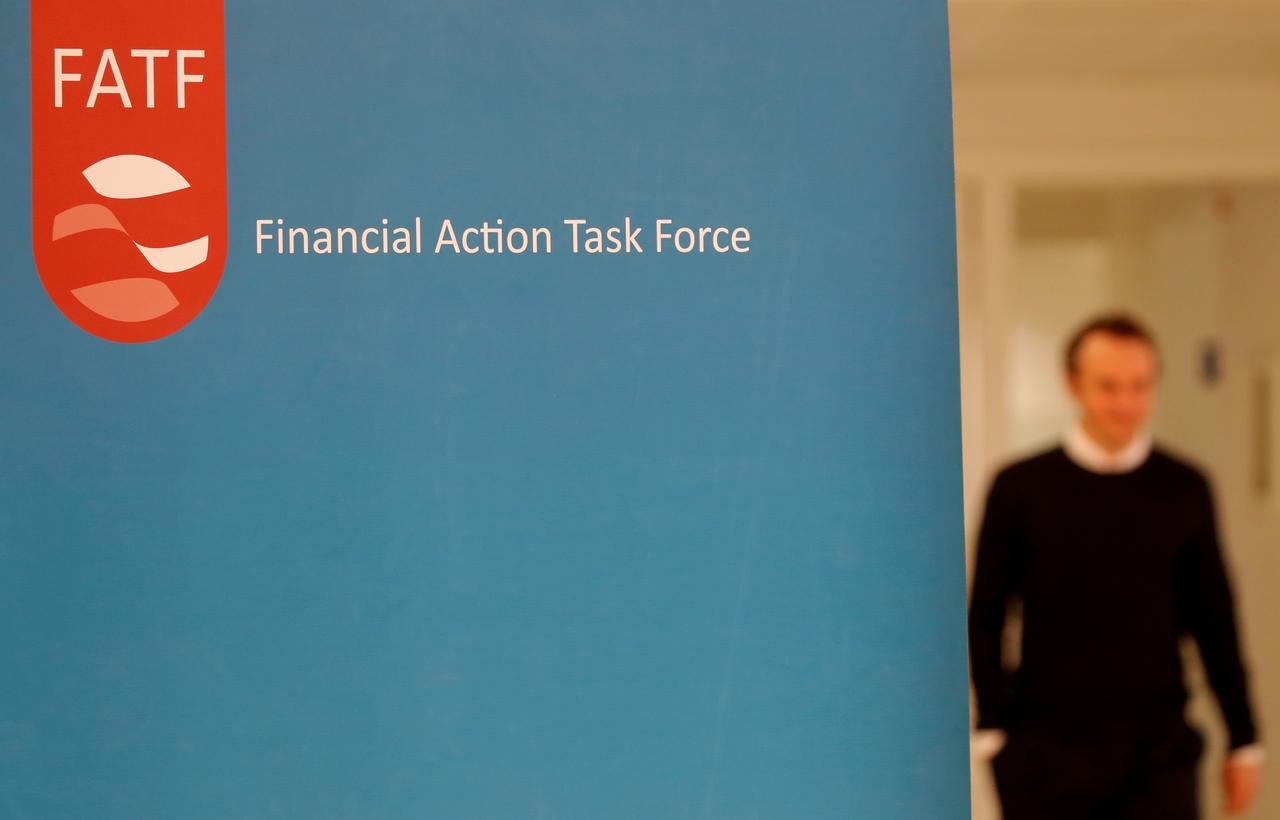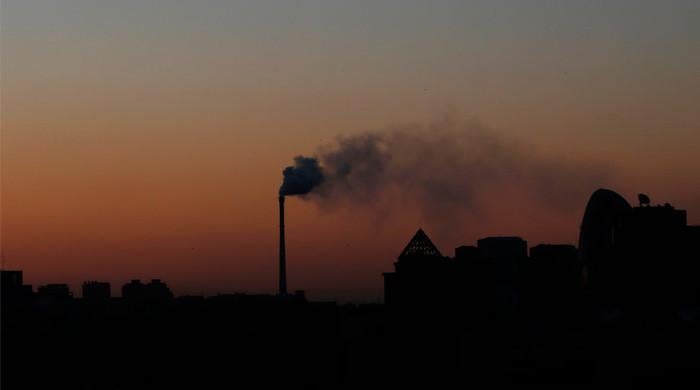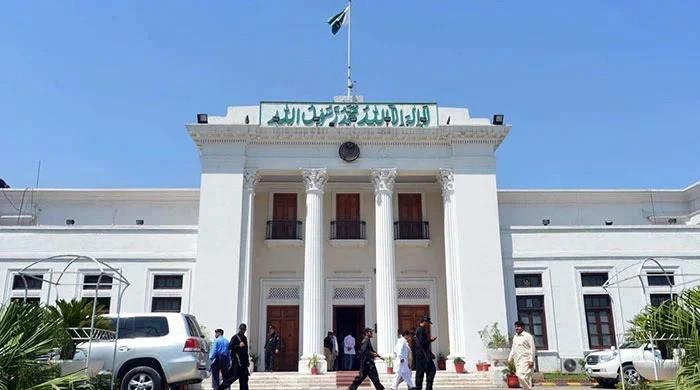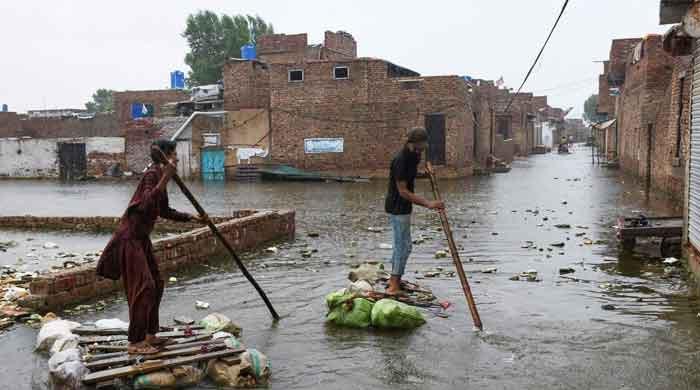The path out of the FATF 'grey list'
Even though Pakistan has employed efforts to get out of the grey list, FATF says the country needs to do more
December 21, 2020

During a court hearing earlier this month, it was revealed that an Afghan Taliban leader, who was killed in a US drone strike in 2016, had purchased a life insurance policy in Pakistan using forged documents.
Not only that, but the militant had also managed to buy five properties worth millions of rupees in Karachi, again using fake documents, allegedly to fund terrorist activities.
How did this happen?
For one, until recently, Pakistan had lacked strong laws to stop terror financing. That is primarily why the Paris-based Financial Action Task Force (FATF), the global money-laundering watchdog, had been insisting Pakistan to “do more” to cut off terrorists from their sources of revenue.
As part of the pressure tactics employed by the FATF, in June 2018, Pakistan was placed on the watchdog's “grey list”, which comprises countries without adequate control over terror financing.
Since then, Pakistan has made significant strides towards addressing 21 of the 27 action plan items set by the FATF. It has passed a raft of laws to address loopholes, including ones which allowed the Afghan Taliban leader to purchase insurance and buy a property in the country.
The next plenary meeting to review Pakistan's progress is due in February 2021.
In October this year, the watchdog asked Islamabad to ascertain that its terror financing probes also result in sanctions.
The FATF’s 27 points demand the monitoring of cash flows, taking strict legal and judicial action against banned organisations and proscribed persons, and rolling out an integrated database at airports. The organisation also urges Pakistan to improve inter-agency coordination, including ones between provincial and federal authorities.
The president of the FATF Dr Marcus Pleyer of Germany, who succeeded China’s Xiangmin Liu in July, recently said: “The government of Pakistan has signalled its commitment to complete the rest of its action plan. But it is clear even though Pakistan has made progress, it needs to do more.”
He added that Pakistan cannot stop now. “It needs to continue to carry out reforms, in particular, to implement targeted financial sanctions and prosecute and sanction those financing terrorism.”
Pakistan steps up its game
In order to ensure it performs up to the mark, Pakistan has recently overhauled its systems. Selling and buying properties in the country is now better regulated. To that end, the Federal Board of Revenue (FBR) has been tasked to keep a strict eye on the real estate sector, as well as jewellery, precious stones, and metal industry as these sectors in the past have been used to move illicit money.
To address money laundering, the government has even stopped issuing National Prize Bonds worth Rs25,000, which were used to hide black money.
Other areas where money can easily be laundered are narcotics, tax crimes, kidnapping for extortion, counterfeit currencies, and human trafficking.
These are crucial times for Pakistan. It must deliver before February and for full compliance, the country will need to make changes at the administrative, institutional, and constitutional levels.
That’s exactly what Prime Minister Imran Khan’s government is trying to do to escape the global economic and political fallout of staying on the “grey list” or worse, being downgraded to the “black list”, a list of non-cooperative countries.
Challenges amid political turmoil
While it is laudable that despite political point-scoring, the Opposition had previously helped the government pass needful legislation and supported the countrywide crackdown on banned terrorist outfits.
But the recent political turmoil in the country is only compounding problems. At the moment, an alliance of political parties in the Opposition — known as the Pakistan Democratic Movement (PDM) — is demanding the prime minister resign and call for a fresh election.
This also comes at a time when the country, and world, is in the midst of a pandemic, which is already draining its resources.
Getting out of the “grey list” is essential for Pakistan, and the reason is simple. There are 37 countries that are members of the FATF, including European countries, USA, Canada, Australia, Russia, Japan, Republic Of Korea, China, India, Saudi Arabia, and Turkey. While the European Commission and the Gulf Cooperation Council are also part of the FATF. Indonesia has an observer status as does the Asian Development Bank, the International Monetary Fund and the World Bank, to name a few.
Can Pakistan expect to conduct beneficial transactions and enjoy good ties with mentioned countries if a global body labels it as a country that is not doing enough to stop terror financing?











